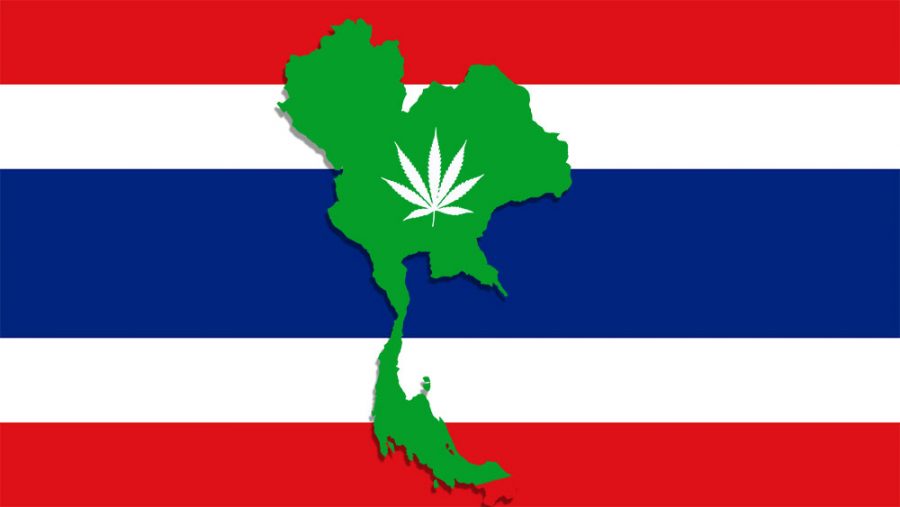Thailand envisions a future of premium cannabis tourism post-legalization
The Kingdom of Thailand’s drug laws are acknowledged as some of the most draconian in the world. Even possession of the cannabis plant, which the United Nations describes as a “less dangerous drug,” could land someone a hefty stint behind bars.
However, based on a January announcement by Thailand’s narcotics board, cannabis that contains less than 0.2 percent of the psychoactive cannabinoid THC (tetrahydrocannabinol) will soon be delisted as a narcotic.
The narcotics board’s decision would make Thailand, which became the first southeast Asian country to sanction medical cannabis use in 2018, the first Asian country to delist the plant.
As a tourist hotspot that welcomed 40 million annual visitors pre-pandemic – mainly due to the desirable climate, pristine white sand beaches, wellness retreats, affordable plastic surgery and world-class dental work – the delisting of cannabis in Thailand could trigger a serious wave of new tourism.
Thailand’s residents would be allowed to cultivate medical cannabis at home
Public health minister, Anutin Charnvirakul, has confirmed that once Thailand’s cannabis delisting is effectuated, people will be legally allowed to yield their own plants at home.
Thailand’s new cannabis rule comes with one condition — growers must first inform their local government of their plans to cultivate cannabis. Commercial grow options will also be available.
According to industry insiders, Thailand’s recreational cannabis market will be designed to attract high-end corporate consumers who are looking for a place to unwind in-between jobs, as opposed to the typical stoners that usually descend upon 420-inspired hotspots.
Currently, it remains unclear as to how the government intends on governing recreational cannabis use and cultivation in Thailand. However, Parliament has already received a draft cannabis and hemp bill outlining the proposed plans.
CBD is already a hit across the Kingdom of Thailand
According to the executive director of Thailand’s International Sustainable Development Studies Institute, Mark Ritchie, the rural economy could get a significant boost now that cannabis is being delisted. Eventually, industry experts anticipate the niche market expanding to become a mass market.
The non-psychotropic cannabis compound cannabidiol (CBD) is already being served in abundance across the palm tree-speckled island. Some well-known CBD businesses in Thailand include Bangkok’s 420 Cannabis Cafe and Bar, Phuket Cannabis Cafe in Phuket, 162 CBD Cafe in Pattaya and Green Dog in Chiang Mai.
The new legislation outlining Thailand’s adult-use cannabis market could help the Southeast Asian tourist hotspot’s existing cafes, small businesses (e.g. wellness spas) and CBD retailers broaden their product range to include various components of the cannabis plant.
Aside from serving the ever-growing consumer demographic, Thailand’s adult-use cannabis market is also sure to benefit the agriculture, medical, and economic sectors. Authorities are even considering introducing a “cannabis sandbox” that would enable tourists to enjoy Thailand’s recreational cannabis in designated zones.
Cannabis delisting in Thailand will strengthen the economy
This year, 27.7 million tourists are predicted to visit Thailand for the sole purpose of enjoying the health and wellness industry. Since this area of the market attracts $2.5 billion in revenue, the addition of cannabis could mean incredible things for the economy.
Analysts from cannabis research firm Prohibition Partners predict that Thailand’s legal cannabis market will be generating $424 million in annual revenue by 2024 — money that could help the country to rebuild its economy in a post-COVID world.








